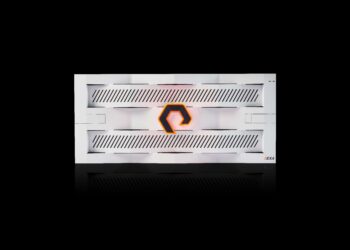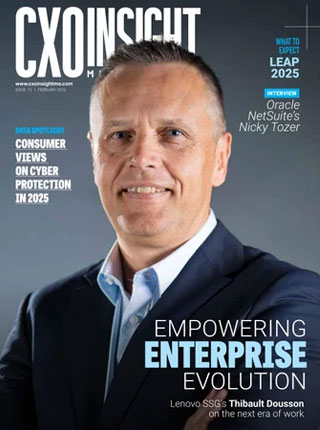Moscow has launched a new ‘smart district’ project, which is intended to pilot a range of residential and city smart technologies. The smart district aims to evaluate how technologies impact on residents and accordingly the Moscow authorities will adjust the city’s urban renewal plan once the pilot is completed.
The district is situated in Maryino in the south east of the city, and the buildings in the program are home to around 8,000 citizens. The project covers 2,044 apartments across seven apartment buildings, constructed between 1996-1998. From April of this year, city authorities have been installing a range of technologies in the apartments, with smart systems to managing capabilities such as heating, lighting, utilities metering, surveillance, eco-monitoring and waste management.
Each residential building has different construction type that gives an advantage to pilot the technologies under various conditions.
Moscow authorities selected an existing district, rather than a new zone or brownfield site, to ensure that the technologies could be tested in a real world environment, and to prove that they could be adopted quickly with realistic expectations. Authorities and developers can receive immediate feedback from the citizens, and accommodate comments and feedback as the project develops.
The smart district will also give residents access to smart systems in the district which allow them to optimize usage and improve quality of life, comfort and safety.
Andrey Belozerov, Strategy and Innovations Advisor to CIO of Moscow explained: “We didn’t want to build a district from scratch as a test bed far from real-world settings. Our aim was to test technologies in inhabited neighborhood so it allows us to see whether citizens get advantage of new technologies in their everyday tasks. When the pilot is completed we aim to adjust the city urban renewal plan, so Muscovites enjoy living in similar technology-savvy buildings around the city in the future”.
As part of the project the first charging station for electric vehicles situated in residential district has been installed in Moscow – it has already become the most popular charging station for electric vehicles in the city. In addition, free Wi-Fi network is available on site. Each resident can install a free mobile application to answer the house intercom when no one is around or open the door without a key.
All the cabling for power, WiFi routers and security cameras and emergency loudspeakers have been installed underground, to clear the sky over the district. It increased the security and aesthetic appearance of the district and the reliability of communication.
The project is implemented in close cooperation with business stakeholders. Russian telecom operator Beeline has also launched a test site for developers of IoT solutions on the territory of the district. The trial will use Ericsson equipment on Beeline’s Narrow Band (NB) IoT network. The project is to examine the impact of IoT solutions implemented in the district. The trial enables connections of up to 10,000 devices per base station, and Ericsson has installed two stations in the one-kilometre trial zone.










Discussion about this post